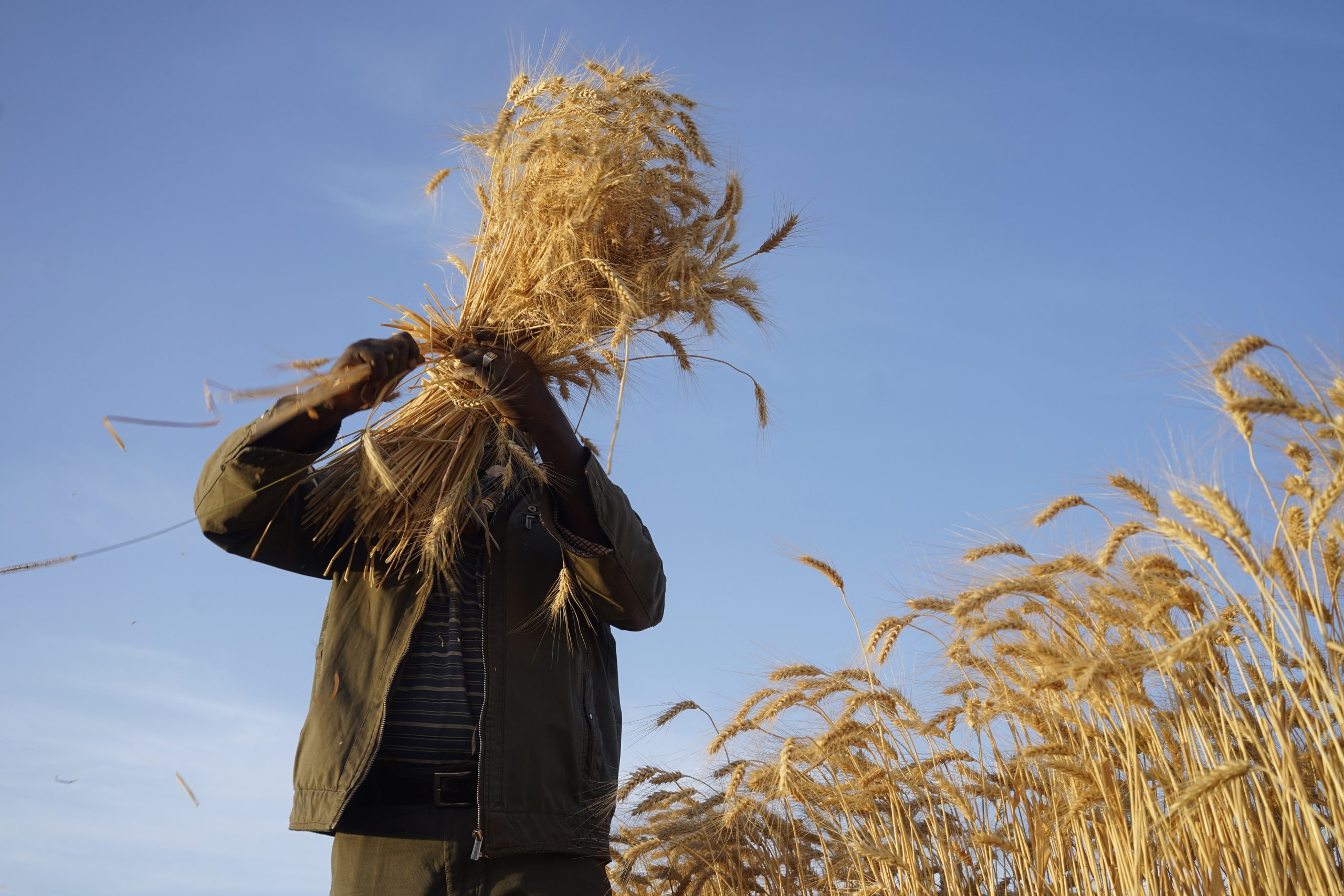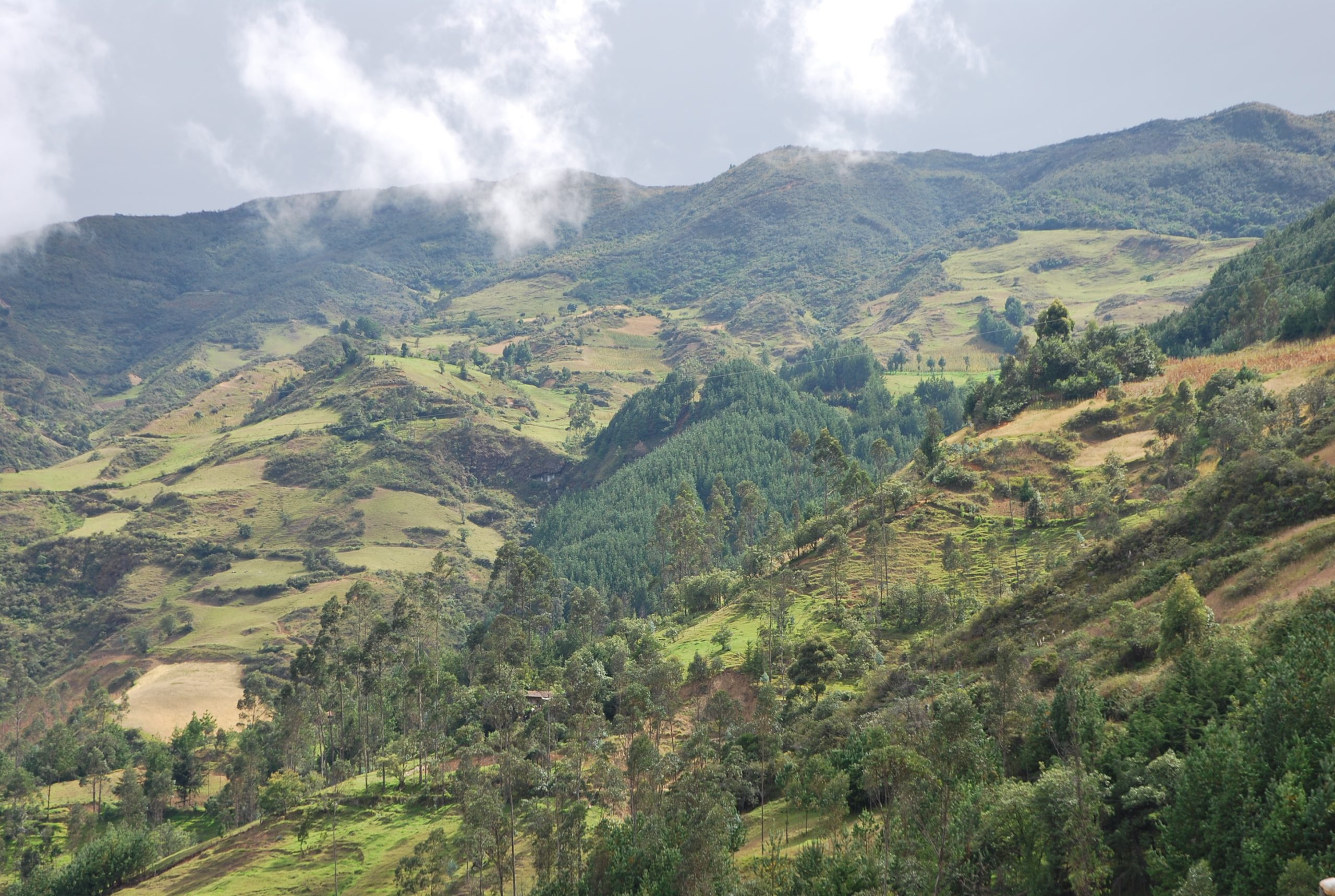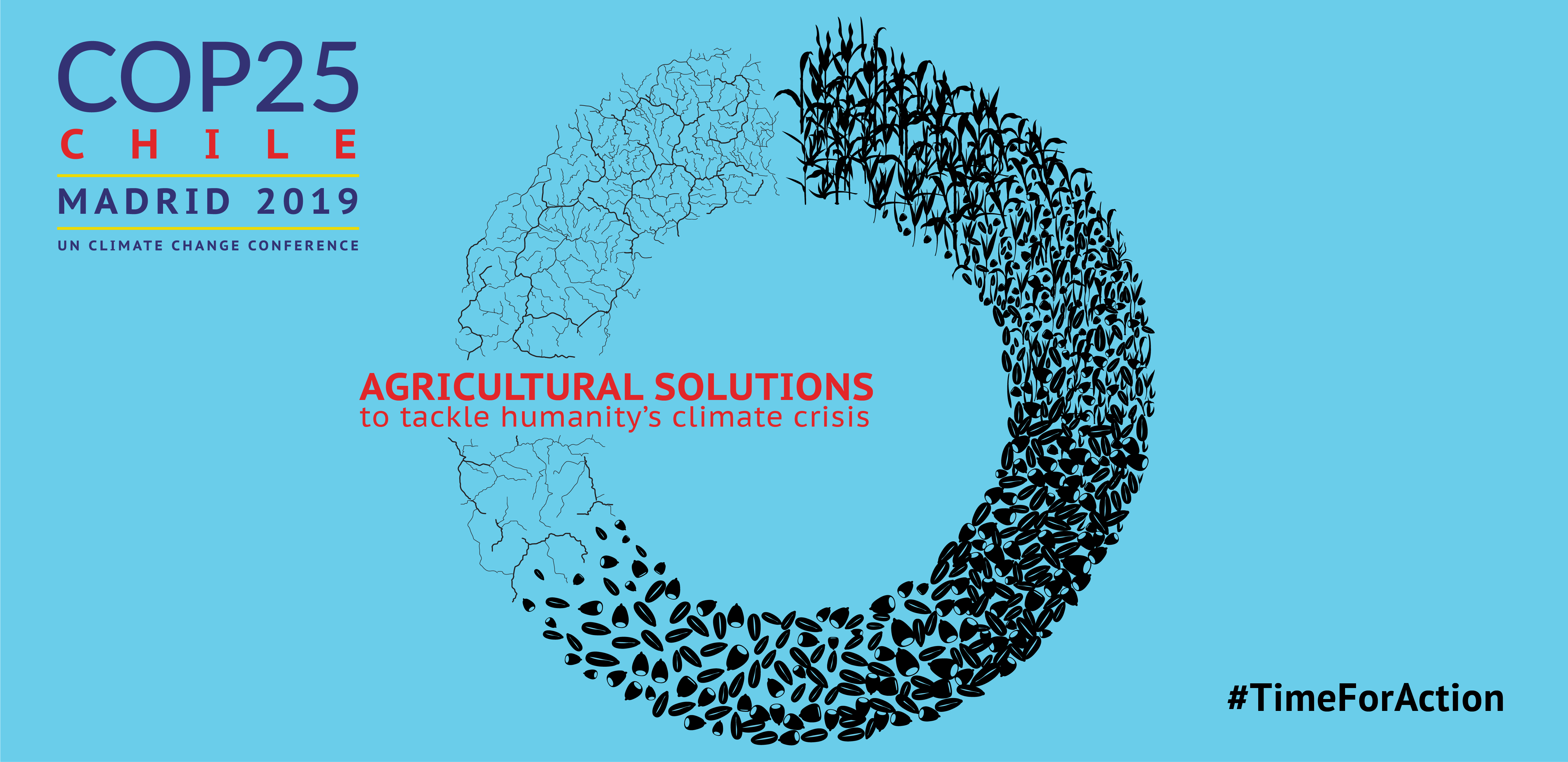We are all aware the immense challenges countries face due to climate change, particularly its impacts on vital sectors like agriculture, forestry and livestock. The agriculture industry is profoundly affected by unpredictable weather patterns and frequent incidences of extreme events such as floods, droughts and landslides. Consequently, finding effective solutions to address these issues becomes of paramount importance. Climate-resilient agriculture necessitates the adoption of sustainable crop and land management technologies.

In the context of South Asia, Sri Lanka stands out as one of the most severely affected countries by the impacts of climate change. The nation contends with a multitude of hazards, ranging from floods and landslides in the western and southwestern regions, drought and pest outbreaks in the northern region and coastal erosion along the coastal belts. These examples underscore the growing complexity and challenges associated with managing climate risks and patterns, especially when multiple hazards occur simultaneously.
In response, Sri Lanka has implemented climate-smart agricultural interventions, including the development and introduction of stress-tolerant crop varieties, rainwater harvesting, the introduction of energy-efficient irrigation systems, implementation of soil and water conservation programs and crop diversification. However, the agricultural sector still faces formidable challenges. There is a lack of up-to-date information on climate change and its impacts, a fragmented institutional setup, overlapping mandates and limited capacity for information sharing. To address these issues, we require zone-based planning and institutional collaboration. Integrating spatial considerations into rehabilitation and development interventions is the main consensus among stakeholders. All ongoing and planned programs need vulnerability information, and there is a consensus among stakeholders on the need to integrate spatial considerations into rehabilitation and development interventions.
This is where the Atlas of Climate Adaptation in South Asian Agriculture (ACASA) project becomes an invaluable asset in expediting Sri Lanka’s journey towards climate-smart agriculture. Recent evidence highlights the need for a comprehensive assessment of location-specific climate actions to bridge knowledge gaps within the country. Through the Atlas, we will quantify localized climatic risks today and, in the future, assess their likely impacts on agriculture and identify key adaptation options to mitigate these risks. This knowledge will strengthen Sri Lanka’s food security and reduce its vulnerability to climate-related hazards. By complementing traditional methods of risk characterization with novel approaches like intensity and frequency analysis of hazards and historical crop yields, our efforts will gain added efficacy.
ACASA, therefore, offers us a unique opportunity to foster collaboration, share knowledge and develop evidence-based innovative solutions to confront the challenges posed by climate change in Sri Lanka. It serves as a platform to connect hazards, practices, tools and adaptation options. By intertwining various aspects of climate change and gaining a deeper understanding of its spatial and temporal dimensions through the Atlas, Sri Lanka is steadfast in its commitment to building resilience and creating a sustainable future for generations to come.
Piece by P. Malathy, DG-Agriculture, Sri Lanka

 Climate adaptation and mitigation
Climate adaptation and mitigation 
